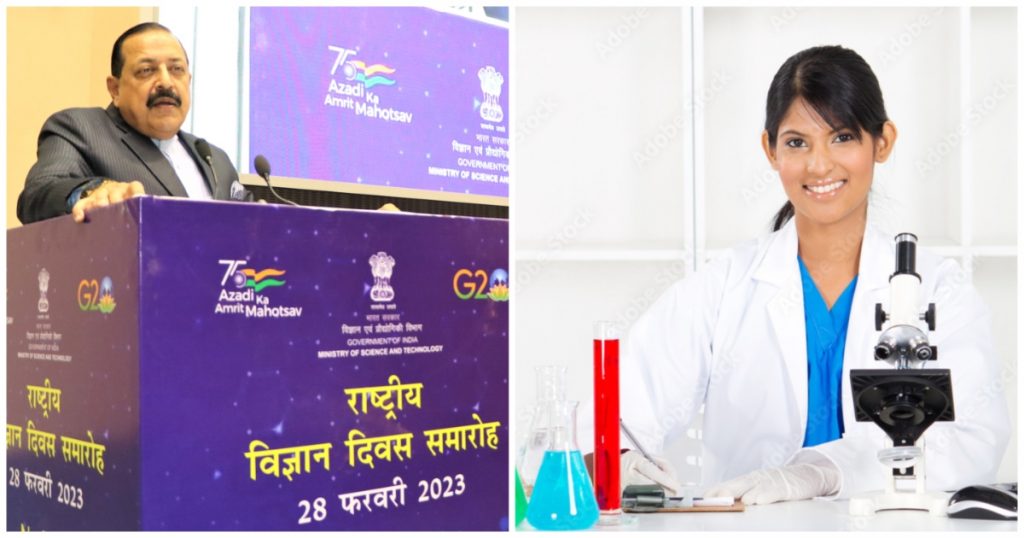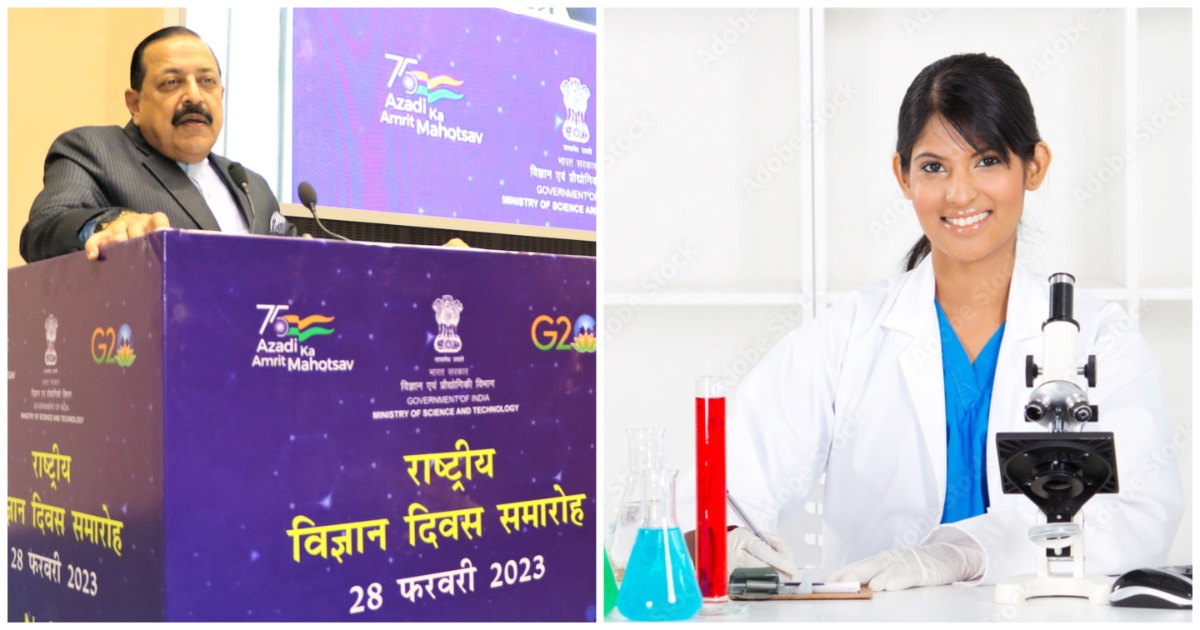For decades, Indian scientists and technologists have left Indian shores to pursue their research abroad. But the government is now looking to get them back to their home country.
Nearly 75 Indian diaspora scientists are set to return to India over the next three years to work on multiple science and technology projects under a new fellowship scheme introduced by the Indian government. Named Vaibhav, the scheme is launched by the Department of Science and Technology, and has an outlay of Rs. 80 crore. The first batch of 22 fellows, mainly in the fields of AI and Machine Learning from universities in the US and Canada, will join Indian institutes in April this year.

“We have received about 302 proposals when we made the first call last year, out of which 22 proposals have been shortlisted, and would be given the award letters soon. We can expect them to join their respective institutes after April,” said Dr Charu Agarwal from the Department of Science & Technology (DST).
These researchers will be required to spend 1-2 months in India for a maximum of three years, and will be provided with a grant of Rs. 4 lakh for that period. The fellowship also covers their international travel from the parent institute to India once a year, and fully-furnished local accommodation for two months. The researchers will also get Rs. 1 lakh per year for research expenditure in India, and domestic travel to institutes within India. The ministry will also provide financial support up to Rs. 5 lakh per year for three years to the institute facilitating the fellow for research work. While the researchers can spend just two months in a year in India, the institute will have to complete the project within three years, and connect with the fellow through online meetings for rest for the year.
“It is a good opportunity for our scientists working abroad to collaborate with their local counterparts on projects which can be of tremendous value to both. The Indian diaspora has access to new innovations and futuristic technology that they can share with the students here, and at the same time, get an opportunity to build their network and collaborate on research publications. It’s like giving back to the country in a way. A win-win situation for all,” said Dr Agarwal from the International Co-operation Division at DST.
The fellowship is open to all the Non-resident Indians (NRIs), persons of Indian Origin (POIs) as well as Overseas Citizens of India (OCIs) currently employed abroad. The proposals are examined by an Expert Review Committee with members from different ministries, including earth sciences, new and renewable energy, health as well as electronics and IT, and later shortlisted by an apex committee. Some areas are also being prioritised in line with the government’s scientific missions, including the National Quantum Mission, National Supercomputing Mission and Deep Ocean Mission. The highest number of researchers selected were those with backgrounds in Artificial Intelligence and Machine Learning.
And this is something that can help kickstart India’s participation in the AI race. While India already has an AI unicorn in Krutrim, there’s a tiny fraction of the activity happening in the space in the country compared to places like the US and China. By getting top global researchers to spend time in India, Indian institutes and students will not only gain from their expertise, but also facilitate in the creation of new research and technologies. And the effects of such a program could be far-reaching — tiny Taiwan has managed to become the world’s premier manufacturer of semiconductors thanks largely to a Taiwanese researcher who returned to his home country after spending time in the US. With the Vaibhav fellowship, India is hoping to reverse some of its decades-old brain drain, and get its storied scientists to contribute to its growth story.
